Life-Stuff.org
Facts & advice foryoung adults
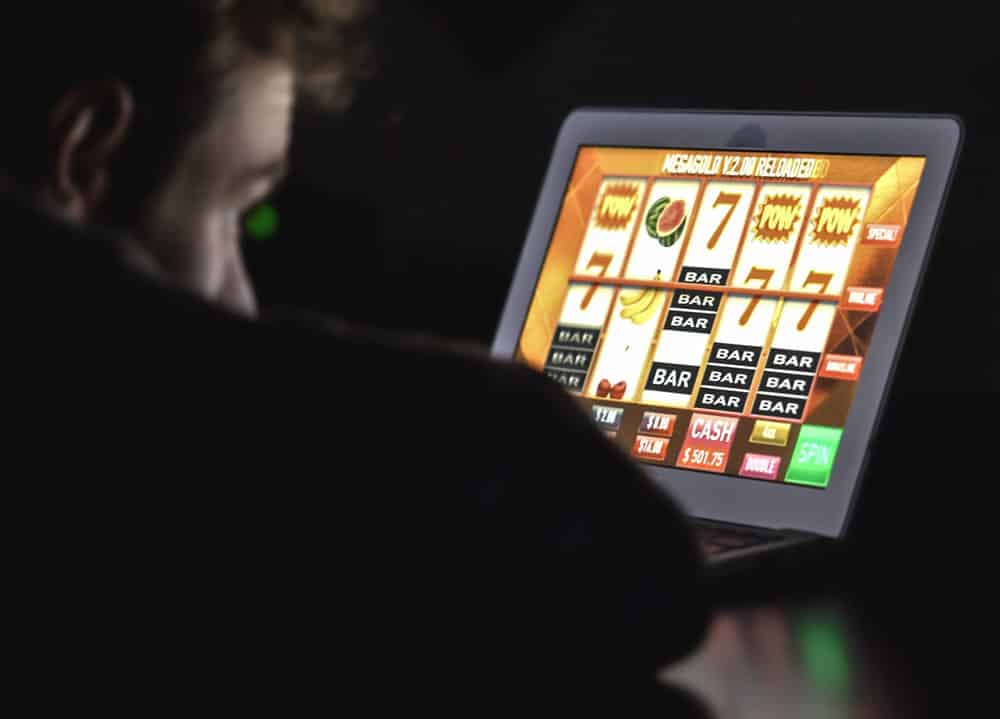
If someone loves gambling and thinks they’ve got it under control, they should have a go at the test below and if the answer is ‘yes’ to more than one question, chances are, gambling may be a problem:

Score 0 for each time you answer “never”
Score 1 for each time you answer “sometimes”
Score 2 for each time you answer “most of the time”
Score 3 for each time you answer “almost always”
If the total score is 8 or higher, it’s time to get help and support with your gambling habit. For advice and support for yourself or someone you know. See the links below.

An individual with a gambling addiction experiences the same effects in the brain as someone who has an alcohol or drug addiction, according to the National Council on Problem Gambling. The effects of gambling can be just as devastating as alcohol/drugs, even deadly in cases of suicide and reckless life-threatening behaviour. This causes great concern and possible financial consequences for their loved ones.
Gambling can become a serious problem, and like other addictions, gamblers can’t ‘just give up’. Keep encouraging them to stop, but the decision has to come from them, and they could lie to you (and themselves) about their habit. Even if they don’t believe they have a problem, make them aware that you think they do, but leave the responsibility for the gambling and its consequences with them. Most importantly, make sure they know that you still love them, even if you have to make a tough decision such as asking them to leave home for a while.

Being honest and facing up to gambling being a problem is not easy. It can lead to deceit, debt, relationship difficulties or criminal activities. The problem won’t go away on its own, and although talking about it may be difficult, it’s the only way to make things right.
Small steps that can help
Be prepared for withdrawal symptoms, you may still experience depression, shakes and palpitations. Emotional withdrawal symptoms can occur when an individual with a gambling addiction stops gambling, even for 24 hours. These symptoms may include irritability, depression, anxiety, restlessness, decreased sleep & appetite, and notable change in sex drive or performance.
When experiencing withdrawal, gamblers think that they need to gamble in order to feel normal or happy again.
Top tips for budgeting and spending control
If gambling is getting out of control there are practical steps which can help.
BeGambleAware commissioned an independent evaluation of a number of blocking software packages, from which a report is available to download here.
A person is more likely to manage their gambling if they combine the use of blocking software and other technical tools like bank card blocking and self exclusion as well as making use of other treatment options on offer.
Self-exclusion
All gambling providers in the UK must provide consumers with the option to exclude themselves from gambling with them for a length of time, usually between six and twelve months but this can be for up to five years for online gambling. Read more…
Limiting gambling ads online
Installing an adblocker on a device can help reduce the amount of advertising that appears online. This type of software is usually free. Read more
Blocking gambling software
Installing gambling-specific blocking software will prevent access to gambling sites online. Some devices and internet service providers also allow users to set restrictions without installing software. Read more.
Listen to Sam’s story – Radio 4 PM reporter Becky Mulligan asked Sam how he was introduced to gambling and how the addiction affected his mental health, partner and family.
Article – ‘How my son went from gamer to compulsive gambler’
Bet Ya – part of the BigDeal.org.uk campaign by GamCare
Practical support
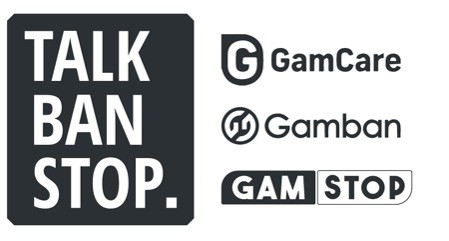
TalkBanStop is a partnership (which includes GamCare, Gamban and Gamstop) and combines practical tools with support to help someone to stop gambling and kick-start a recovery journey. gamcare.org.uk/talk/

GamCare offers ‘GameChange’ an online treatment course for those who are concerned about their gambling behaviour, supported by regular contact with a GamCare therapist.
GamCare offers support and information for partners, friends and family of people who gamble compulsively. gamcare.org.uk/

Gamban is software that once installed on your devices will block access to thousands of gambling websites and apps. gamban.com/

GAMSTOP is a self exclusion scheme that helps someone to put controls in place to restrict their online gambling activities for a period of their choosing. gamstop.co.uk/
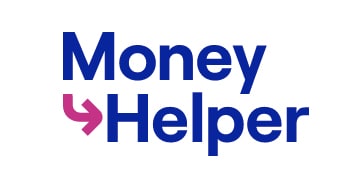
The Money Advice Service offers free, unbiased and independent advice about all financial matters. 0800 138 7777. There is specific advice for tackling problem gambling and debt. See more here.
Emotional support
These organisations can support you right now:
Samaritans – for mental health support or suicidal thoughts – You can call on the telephone help line free on 116 123 or email jo@samaritans.org. samaritans.org/
Papyrus – for those dealing with emotional distress – particularly young adults. Freephone 0800 068 41 41 or text 07786 209697 papyrus-uk.org
Young Minds Text Line – Provides free, 24/7 text support for young people across the UK experiencing a mental health crisis. Text YM to 85258. youngminds.org.uk

Begambleaware Freephone 24-7 National Gambling Helpline: 0808 8020 133 begambleaware.org/advice-tools-support

Big Deal offers information, advice and support for young people affected by problem gaming and gambling in England, Scotland and Wales. A free 24/7 1-2-1 live chat service is available. Phone helpline for Young People 0203 092 6964 is open 9am – 8pm Monday-Thursday; 9am – 5pm Friday). Outside these hours, you can call the National Gambling Helpline for free on 0808 8020 133 (24 hours, every day). bigdeal.org.uk/get-help/

Gamblers Anonymous UK Gamblers Anonymous UK runs local support groups that use the same 12-step approach to recovery from addiction as Alcoholics Anonymous. gamblersanonymous.org.uk/
There are also Gam-Anon support groups for friends and family. gamblersanonymous.org.uk/gamanon
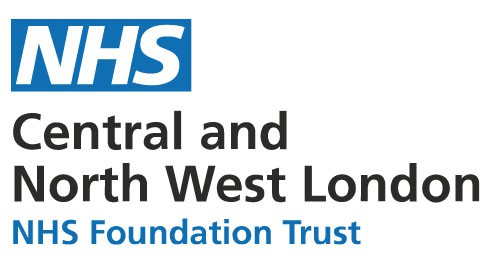
The National Problem Gambling Clinic is part of the The National Centre for Behavioural Addictions. The National Problem Gambling Clinic treats problem gamblers living in England and Wales aged 16 and over. The Clinic works alongside other providers to deliver the most appropriate package of care for individuals experiencing difficulties with gambling. The team assesses the needs of problem gamblers as well as those of their partners and family members.
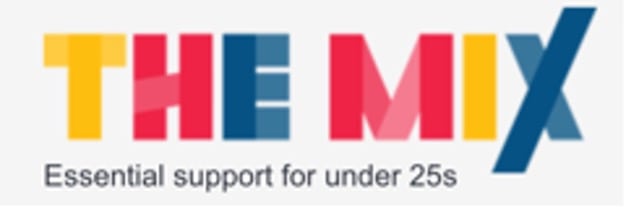
The Mix offers support to anyone under 25 about anything that’s troubling them. There is a free 1-2-1 webchat service available and the phone helpline 0808 808 4994 is open 4pm – 11pm, seven days a week. There is also email support available via their online contact form and free short-term counselling service available. themix.org.uk
For further help and support, please contact support@life-stuff.org